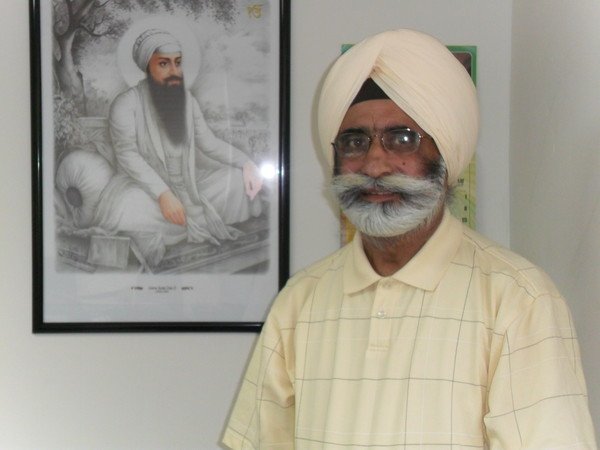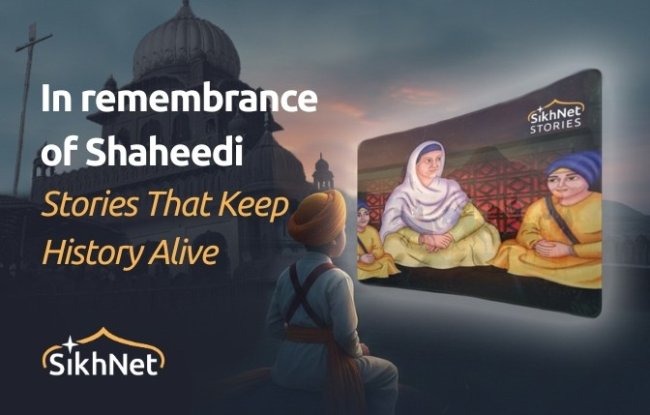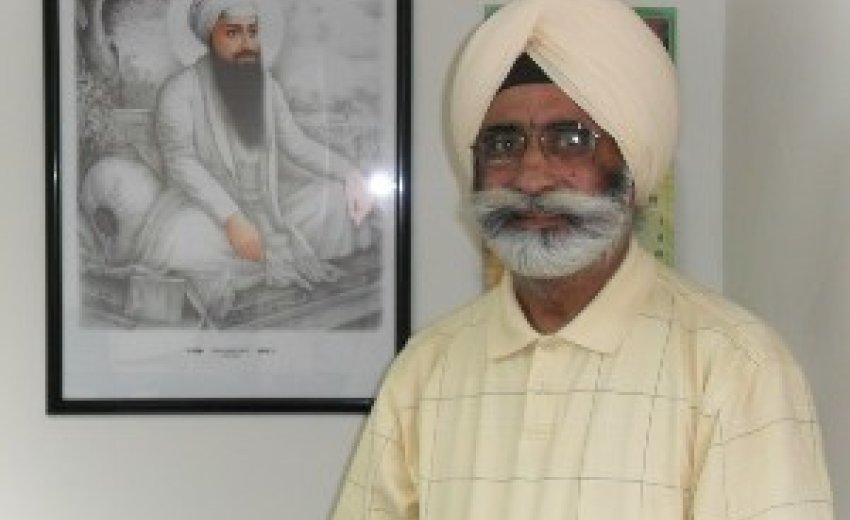For Sikh Americans, reflecting on 9/11 brings many emotions.
When Sikh-American Manmohan Singh Bharara watched the World Trade Towers crumbling in smoke nearly ten years ago, he never imagined his grief for his fellow Americans would be compounded by attacks upon his own people.

Incidents like a Sikh gas station owner being shot and killed four days after 9/11, and a Sikh doctor being beaten in New York for wearing a turban began sprouting up in the weeks and months following the attack, causing fear within the Sikh community.
“It was a feeling that I can’t quite explain, because we are American, and we felt grief, and then the incidents happened, and we didn’t know how to make sense of it,” Bharara said. “I just remember friends in town calling me after the attack and asking if we were okay because they were concerned about exactly what ended up happening, people confusing us with Muslims.”
Bharara and his wife moved to Connecticut in 1988 and Southington in 1998. He is a Bread for Life board member and founder of Sikh faith organization: www.UjaroDeepa.org, meaning “spiritual enlightenment.”
He said he’s always dealt with some mild forms of prejudice because of his appearance — such as kids walking by his Bristol-based insurance offices and shouting things like “Osama Bin Laden” — but he never experienced any serious forms of attacks. The news of his people being persecuted motivated him to do what he could to clear up confusions between Sikhs and Muslims.
“We are Americans and we were as hurt as anybody when 9/11 happened,” Bharara said. “But although hate crimes and discrimination against us has increased, I think the media has been very supportive to make people aware that we are not part of the 9/11 experience.”
Although many Americans are unaware of the differences between the two cultures, Bharara said the only similarity between Sikhs and Muslims are that they both wear turbans, although even those are worn differently, and they have dark skin.
According to world religion statistics, 99 percent of men wearing turbans in the United States are Sikhs, not Muslims. Most Sikhs are not even Middle Eastern, mostly deriving from India, where the fairly young religion was established in the 15thcentury on the teachings of Guru Nanak Dev Ji and ten successive Sikh Gurus.
Bharara is from Punjab, India. Although he believes people are slowing becoming more aware of his religion he said he occasionally worries about possible bitterness and hatred that might be upheld by those personally affected by 9/11 victims.
“We don’t have anything against Muslims or any other religion. In fact Sikhs are very respectful and accepting of others. It’s important to us that people understand who we are, because Sikhs really are hard working, self-sustaining people who believe they have a responsibility to help those around them,” Bharara said.
Although anti-Sikhism may occur nationally, Bharara said he’s found Southington an extremely friendly place to establish his place of worship. His Sikh community of more than 300 people built place of worship called Gurdwara Guru Nanak Darbar on West Street in 2011. It’s one of two in the state.
“Southington is the place to live, people are very friendly and supportive,” Bharara said. “The casual passer-byers still ask what kind of place and what religion we are, but we expect that.”
Bharara will represent the Sikh community during a 9/11 remembrance ceremony to be held Sunday evening at Southington High School.
Here are some other facts about Sikhs:
- Sikhs believe in One God, who sustains all people.
- Sikhs regard men and women as equal in all spheres.
- Sikhs are proud and patriotic Americans who have a strong sense of individual freedom, service to community social responsibility and justice for all.
- They believe in the Guru’s Divine Teachings
- They believe in the Sikh Holy Scriptures: Sri Guru Granth Sahib Jee
- They believe in Democracy
They uphold four major rules of morality within everyday living:
- No use of tobacco or any other substances like alcohol or drugs.
- Sexual relations are only meant for marriage, with no outside sexual relationships permitted once married.
- Men do not cut their beards or hair.
- Women do not cut their hair.

